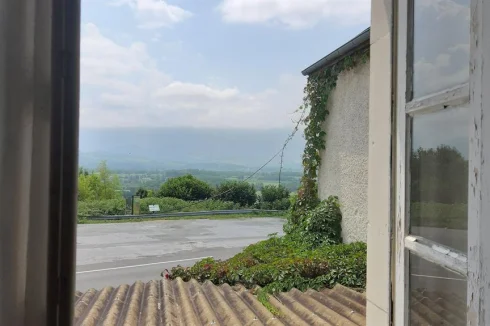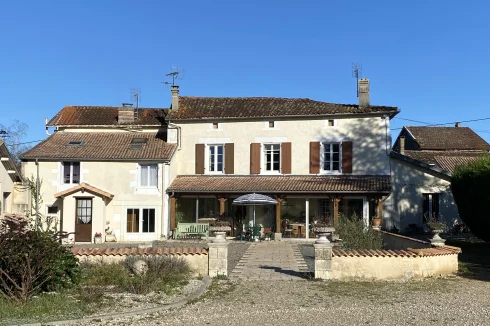Home Energy Efficiency Standards in France
Tuesday 01 December 2009
In trying to come to grips with the regulations you will also have to learn some rather strange hieroglyphics – RT2005, BBC, HQE, THQE – so we thought a quick tour of the different labels and the basic standards set by each of them might be useful to you.
RT2005
The RT2005 is the minimum energy efficiency standard for new dwellings, replacing an earlier standard called the RT2000.
The full description is Réglementation Thermique 2005, and applies to all those new buildings where the planning application was submitted after 1st September 2006.
The standard sets a maximum level of energy need per dwelling, expressed as a quantity of energy usage per m2 per year, ie KwH/m2 per year (kilowatts per hour, per square metre, per year, of primary energy). Broadly speaking, the rating measures the energy loss through the building envelope. The lower the KwH/m2, the more energy efficient is the building.
For residential properties the standard in the RT2005 is between 150-230 KwH/m2 per year depending on the geographic location of the property, including its altitude.
Hautes Performances Energétiques – HPE 2005
In order to obtain the HPE standard your energy consumption needs must be at least 10% lower than those set out in the RT2005.
The standard encompasses a consideration of the global performance of the dwelling through the space heating, hot water, air conditioning, ventilation and lighting systems.
Within the HPE standard there is also HPE Energies Renouvelables (HPE EnR) 2005, in which at least 50% of the heating must be from renewable energy.
Existing older homes build between 1st January 1948 and 1st Jan 1975 are also able to obtain the standard Haute Performance Energétique Rénovation ( HPE rénovation 2009).
The global energy standard set for such dwellings is a slightly more generous than for new dwellings, at 150 50 kWh/m2 per year, subject to location and altitude.
Bizarrely, there seems to be no energy standard for dwellings built prior to this date, and why 1948 has been chosen as the cut off point, is probably only known by the technocrat who drafted the legislation.
Très Hautes Performances Energétiques –THPE 2005
In order to achieve this standard then the global level of energy consumption must be at least 20% lower than RT2005. This would give an energy rating of 90-150 KwH/m2 per year depending on the geographic location and altitude of the property.
Once again there is a renewal energy standard with the THPE, with a mimumum of 30% of energy consumption from renewables.
Construction of a property to the THPE standard grants a right to increase the plot density (coefficient d'occupation des sols) by 20%.
Batiment Basse Consommation (BBC)
In order to achieve this standard your energy consumption must be inferior to 50 kWh/m2 per year, although varied by locality and altitude within the range 40kWh/m2 to 65kWh/m2.
Construction of a property to BBC standard grants a right to increase the plot density (coefficient d'occupation des sols) by 20%.
Existing dwellings built between 1st January 1948 and 1st January 1975 can also obtain the standard Bâtiment Basse Consommation Energétique Rénovation, (BBC rénovation 2009).
The global energy standard set for such dwellings is a slightly more generous than for new dwellings, at 50-80 kWh/m2 per year.
A certificate of quality for attaining the BBC standard is awarded by 'Effinergie', the French standards agency for low energy consumption buildings.
RT2012
The RT2012 will replace the RT2005 and will be equivalent to the BBC.
By 2020 dwellings will need to be constructed to a standard that makes them energy neutral, or positive.
Grants and Tax Breaks for Energy Conservation
There are grants, interest free mortgages and tax breaks available for measures of energy conservation, which you can read about in our guide to Home Energy Conservation in France.
The rules do not always require that a specific level of energy performance is achieved, notably with some of the tax credits that are available, although in all cases there are rules on the standard of performance of the materials and equipment to be used.
In other cases, you will generally be required to have an energy performance audit undertaken, with an assessment of the anticipated benefits of the work.
Thank you for showing an interest in our News section.
Our News section is no longer being published although our catalogue of articles remains in place.
If you found our News useful, please have a look at France Insider, our subscription based News service with in-depth analysis, or our authoritative Guides to France.
If you require advice and assistance with the purchase of French property and moving to France, then take a look at the France Insider Property Clinic.





